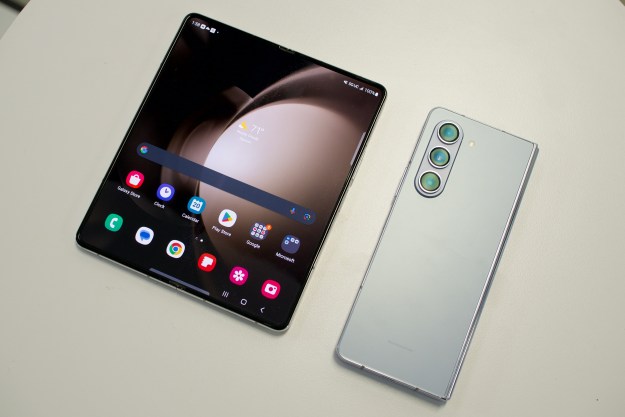
Starting on the outside, the antenna bands on the top and bottom are similarly designed to those on the iPhone 7 and 7 Plus, but the unibody aircraft-grade aluminum construction helps to exude a sense of quality. Similar to other Android phones, the Nubia Z11 Mini S features a fingerprint sensor on the back that ZTE claims only takes 0.1 seconds to wake it up.
Above the 5.2-inch, 1,920 × 1,080 resolution display sits a 13-megapixel camera, but ZTE touts the 23MP camera with f/2.0 aperture on the back. The rear camera is Sony’s IMX318 CMOS sensor, the same sensor found in the Xperia X. Low-light shots taken by Sony’s phone were not impressive, but the camera held its own in most conditions, so the same could probably be said of the Nubia Z11 Mini S’ camera.
Under the hood, an octa-core Qualcomm Snapdragon 625 chipset and 4GB RAM power the phone, with either 64GB or 128GB of internal storage available for use. If neither storage option is enough for your needs, there is a MicroSD card slot for even more memory.
Keeping the lights on is a 3,000mAh battery, which ZTE promises will let you use the Nubia Z11 Mini S for three and a half days before needing to plug it in. This is due to what the company calls NeoPower 2.0, a proprietary technology that optimizes different components inside of the phone in order to maximize battery life. Whether folks will actually be able to use the Nubia Z11 Mini S for that long remains to be seen, though the technology is also in use in the larger Nubia Z11 Max.
Unfortunately, ZTE’s Nubia phones have a hard time leaving mainland China, and the Nubia Z11 Mini S is no exception. You can certainly import it, if you want to go down that route, though odds are you will fork over more than the 1,500 yuan ($222) asking price.

